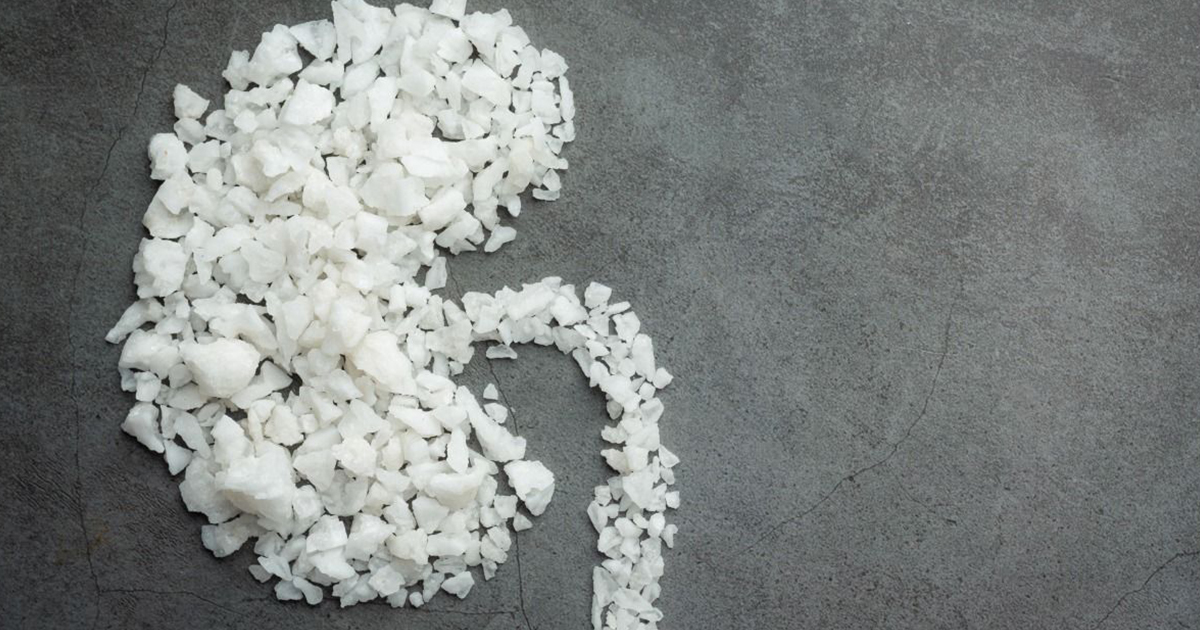Key Minerals To Reduce Kidney Stones Recurrent

About 1 out of 10 people will have stones formed in their kidneys. National Kidney Foundation pointed out there is a 30% chance of getting another stone in 5 years for those who have experienced the first occurrence. Signs of having stones in the kidneys include sharp pain in the back, side, lower abdomen, or groin. Urine may appear in pink, red, or brown color because of bleeding. Some people may also experience abnormal urination, such as constant urge for urination, pain while urinating, only able to urinate in small amounts, cloudy urine, or bad-smelling urine.
Diet changes like eating fruits and vegetables with high water content are the most common recommendation for someone with stones in their kidneys. However, there is not much research that focuses on the dietary differences between people with one incident of having stones in the kidneys and people who have recurrent incidents. To examine how diet affects both groups, a research team recruited 795 people who visited the Mayo Clinic in Rochester and Florida between 2009 and 2018. 411 had their first occurrence of stone formation in the kidneys (with signs), while the remaining 384 people belonged to the control group. The team collected information on 155 different food and beverages from the participant and followed up for around 4.1 years.
The result showed that low consumption of dietary calcium, potassium, caffeine, and phytate was related to a higher chance of first-occurrence of stone formation in the kidneys (with signs). During the follow-up period, 73 of them experienced reoccurrence. Low dietary calcium and potassium intake were found to be the best indicators of the formation of stones again, according to further investigation.
1. Fluids: “Low fluid intake” mentioned in the research equals consuming less than 108 oz. of fluids per day, which counts water content in fruits and vegetables.
2. Caffeine: Research has shown that 1 – 1.5 cups of coffee per day can reduce the risks of developing stones by 40%.
3. Phytate: Exists in food like whole grains, nuts, and legumes. Vitro studies revealed its potential to inhibit calcium oxalate crystal formation. Therefore, higher dietary phytate intake may help lower the risk of stone formation in the kidneys.
Based on the results, the research authors suggest getting 1200 mg of calcium daily to help prevent stone formation. Dairy products, tofu, and leafy greens are good sources of calcium. Although the authors don’t suggest a dietary goal for potassium, they encourage consuming potassium-rich food, such as fruits and vegetables.
- * All research and clinical data should be used as reference purposes only, results may vary.




